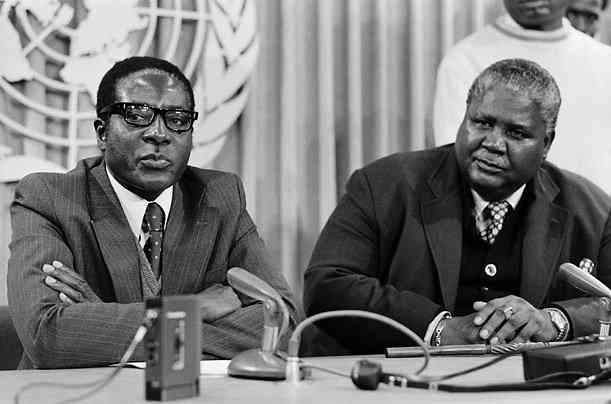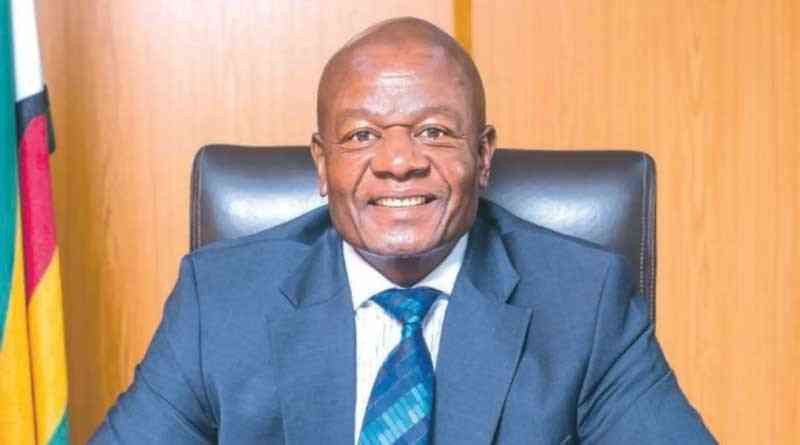
YESTERDAY, Zimbabwe celebrated Unity Day with mixed feelings. But the worst thing was the lack of pomp and fanfare, apart from empty statements and platitudes.
There just do not seem to be any significance in this day anymore and it has lost its lustre.
Even the token football match, the obligatory Unity Cup between Dynamos and Highlanders, the two biggest teams in the land often seen as being polar opposites, did not happen. So the only memory Zimbabweans have of the day is that they extended the weekend leading to the festive December 25.
With December 26 and 27 also public holidays, the weekend just got longer!
The importance of unity in a polarised country like Zimbabwe can never be overstated, yet it is passing without much fanfare and little recognition.
For Unity Day to regain significance, the government has to simply return to basics and look at the founding values which make us proud to be Zimbabweans.
On December 22, 1987, Zimbabwe’s two major nationalist movements, Zanu PF and PF Zapu, then led by the late former President Robert Mugabe and Vice-President Joshua Nkomo, also late, signed an agreement to form a united nationalist political party and end ethnic violence which had bedevilled the country since the early 1980s.
It has been a public holiday since 1997 as a day to reflect on efforts towards peace and reconciliation in Zimbabwe.
- We’re not concerned by now-habitual State media propaganda
- A false unity
- Ekusileni Hospital faces closure
- The Fiddler: A strange endingA strange ending
Keep Reading
The Unity Accord may have been a deal between the two dominant parties of the time, it goes without saying that the country needs unity more than ever, and efforts towards reconciliation must be accelerated.
Is the Zimbabwe we live in today what our founding forefathers envisaged? President Emmerson Mnangagwa and his government may beat their chests congratulating themselves for another year in power, the sad reality is Zimbabwe has never been this divided or broken since the historic signing of the Unity Accord.
It appears from our end that the government has created fear in its citizens, clamped hard on civil liberties and is increasingly paranoid.
Zimbabwe will only progress when the authorities allow fundamental freedoms like speech and association without resorting to violence because its people hold a different view.
There is more that should bring Zimbabweans together, but authorities choose to perpetuate differences.
Zimbabweans want and yearn for unity in the country and definitely welcome a holiday so close to Christmas. We need a new narrative to the 1987 Unity Accord, which is long past its sell-by date.






